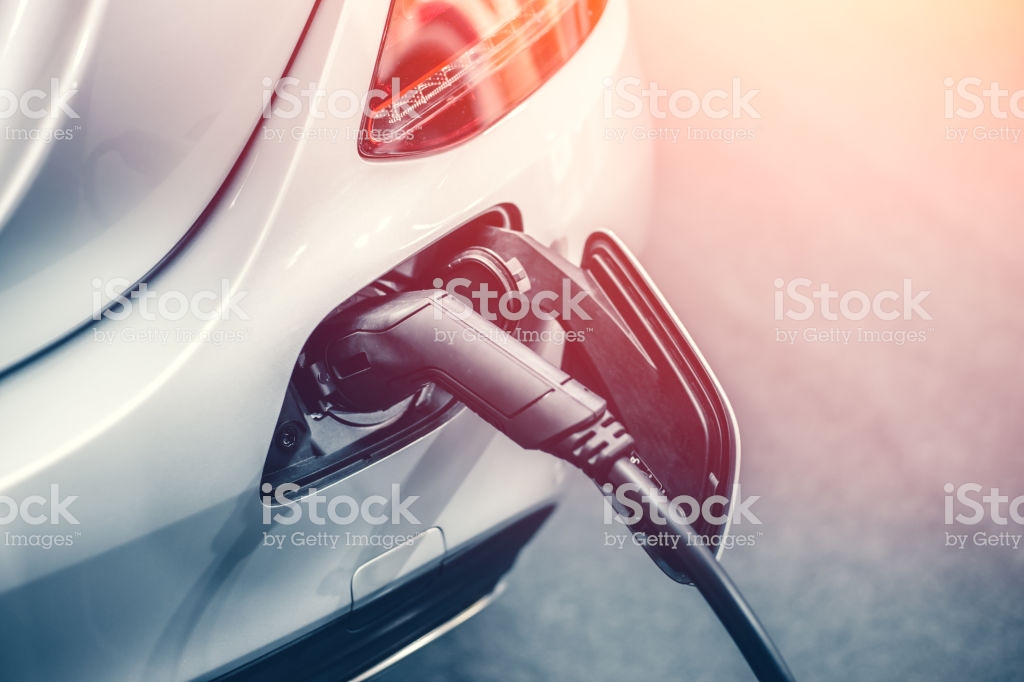This comparison can be made on the basis of Total Cost of Ownership(TCO) of the two types of vehicles. There are, I think, four points under TCO:
Price
Operating Cost
Maintenance Cost
Service Cost
Price
As we all know that IC engine vehicles are available at cheaper prices. We can buy a brand new car within 3–4 lakhs in India. This IC engine industry is here on the planet from decades. This is a sunset industry. So, it has a lot of options, technologies, etc.

EVs are not so cheaper for the time now. In India, you can buy an EV at average price of 12–15 lakhs. This is because, it is a sunrise Industry. Means, it’s an emerging industry with a lot lot potential of futuristic developments. Since, it is a sunrise industry, the purchase price is higher than the sunset industry of IC engines. It’s like developing samples right now. And developing samples is somewhat costlier than an existing developed product.
Operating Cost:-
IC engine vehicles require a lot frequent refilling of fuels. Also, depending on the conditions you use for driving like harsh driving, eco driving, etc. its components at a higher rate. So, it means their fuel consumption increases with time. So as the fuel prices. Therefore, the operating cost of an ICEV is around 5–10 rs./km
EVs don’t require this frequent charging. A single charge on an average can give you a range of 250 kms. This is for an average EV. The longest range EV in the world is Tesla Model S 2020 Longe Range+ with a range of 644 kms. Yeah!, it is admitted that range of EVs is one of the biggest concerns that why people are afraid of buying an EV, but this range is good enough. As per a US based Comprehensive Assessment, the operating cost of a Battery EV is around 10–20 paise/km.
EV wins the operating cost factor. This is one of the biggest advantage of EVs

Maintenance Cost:-
ICEVs on a day2day basis require a greater maintenance and it incurs more cost to owner in the end. This is seen in above figure.
EVs require very low maintenance on day2day basis.
Service Cost
ICEVs are serviced at a greater cost than EVs. This is because a large no. of mechanical parts which get worn or torn during operations. Frequent oil changes, filters, separator, throttle, injectors, mufflers, lubrication pump, etc. are some parts of high cost and frequent servicing or replacements.
EVs don’t have so much of mechanical parts. They have electric motors, regen brakes, electric pumps, sensors, actuators, controllers, etc. They do require very less servicing or even no servicing.
EVs win here too.
So guys that is it..i hope you guys can get it what's better?? See you on the next time.
Nice comparison about I/c engine vehicle and electric vehicle. Regadless of cost effetiveness it is important to understand electric vehicles are eco friendly. Thanks for sharing post. We are looking for people like you in our community.
Your post has been submitted to be curated with @gitplait community account because this is the kind of publications we like to see in our community.
Join our Community on Hive